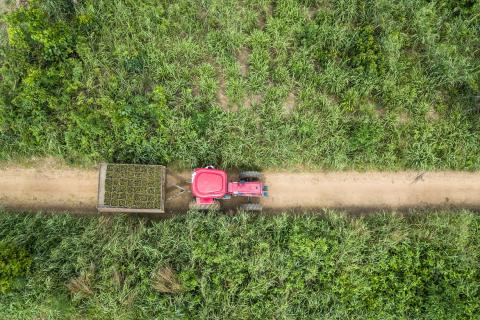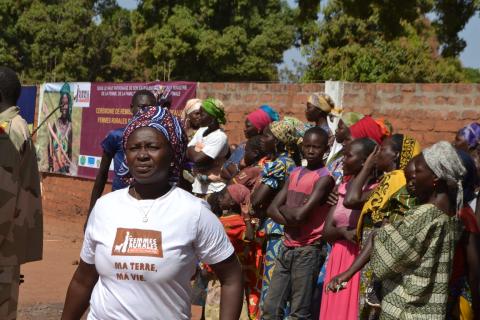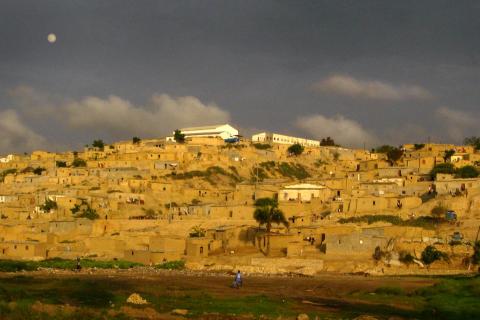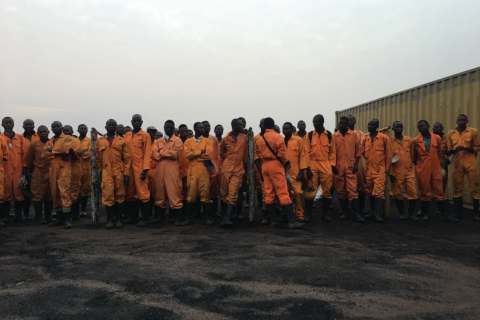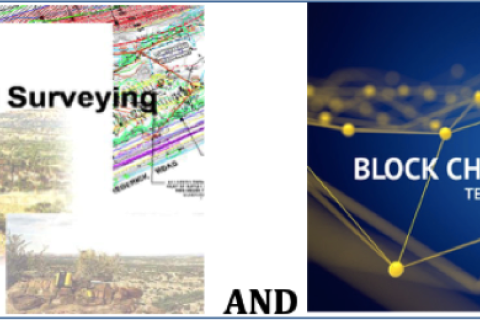Récap du webinaire : Montrer la voie : comment les jeunes autochtones luttent contre le changement climatique à travers les droits autochtones
Le 11 avril 2024 a été la date du premier webinaire de cette année, organisé sous l'égide de la série de dialogues sur le foncier, intitulé "Montrer la voie : comment les jeunes autochtones luttent contre le changement climatique à travers les droits autochtones". Le webinaire a attiré un peu plus de 200 participants et mis en vedette de jeunes leaders autochtones et communautaires locaux du monde entier. La série est organisée par un consortium d’organisations, y compris la Land Portal Foundation, la Fondation Ford et le Tenure Facility et ce webinaire particulier a été organisé par l’organisation YILAA et TINTA.


